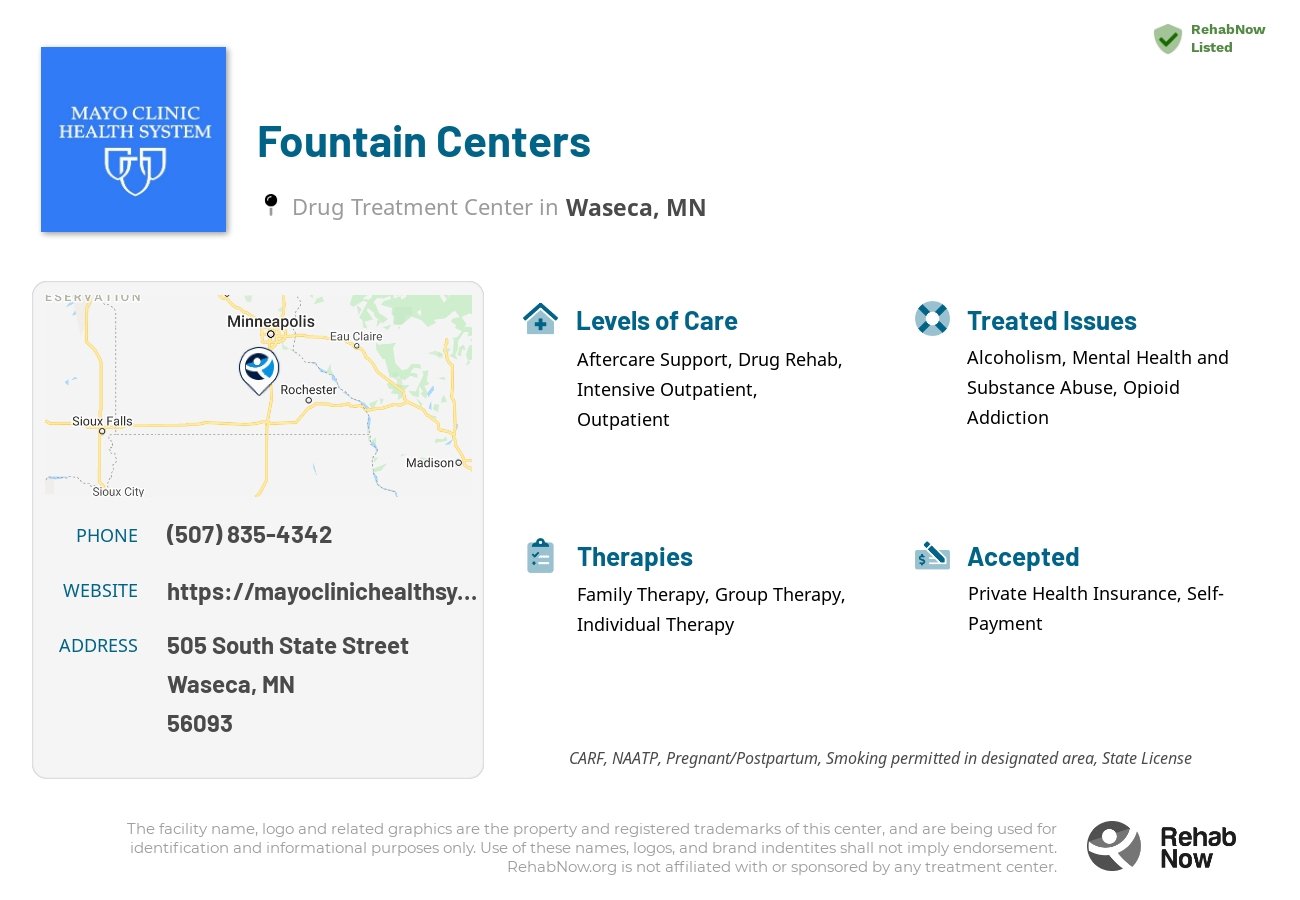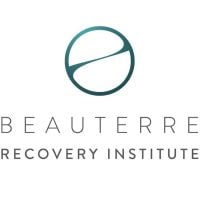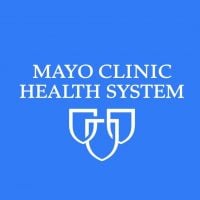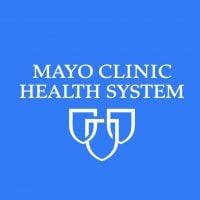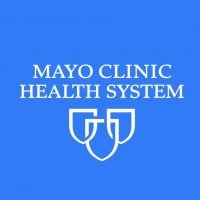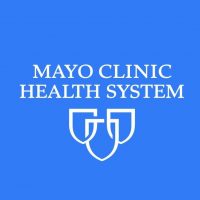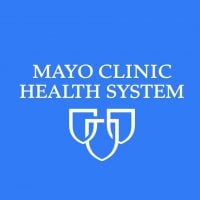
Fountain Centers
Drug Rehab Center in Waseca, Minnesota
- Opioid Addiction
- Dual Diagnosis
- Drug Addiction
- Alcoholism
Fountain Centers in Waseca, Minnesota is a licensed and accredited addiction treatment facility that offers personalized recovery programs for adults and adolescents, incorporating individual and group counseling, medication management, life skills development, and family and peer education.
About Fountain Centers in Minnesota
Fountain Centers in Waseca, Minnesota is an accredited and licensed facility that specializes in the treatment of addiction and substance abuse. They offer comprehensive recovery programs for both adults and adolescents, taking an integrated approach that incorporates individual and group counseling, medication management, life skills development, and family and peer education. The goal of their services is to guide individuals to a healthier lifestyle, free from the harms of addiction.
At Fountain Centers, each individual's treatment plan is personalized to meet their specific needs. They provide psychotherapy, cognitive-behavioral therapy, and Dual Diagnosis treatment to help treat professionals, adolescents, and adults in both residential and outpatient treatment programs. They also offer family counseling, motivational interviewing, and holistic approaches such as yoga and mindfulness training. Additionally, they provide referrals to community resources and provide guidance in continuing care planning.
Fountain Centers holds multiple accreditations and awards, including the Joint Commission Accreditation, CARF Accreditation, and the National Quality Award. They are also nationally recognized for their exemplary standards of care and commitment to evidence-based practices. They use the best practices and principles when dealing with addiction and substance abuse, creating a safe and supportive environment for individuals to heal and gain the skills needed to live a full and rewarding life.
Genders
Ages
Modality
Additional
Conditions and Issues Treated
Opioid addiction treatment should be done in a medically supervised drug rehab. While taking opioids, users will typically use other substances to enhance the effects of opioids or to reduce the adverse effects of opioid use. Opioid addiction treatment will include detoxification and drug rehab counseling to help both the user and their loved ones learn how to live a successful sober lifestyle.
Treatments such as methadone, buprenorphine, and naltrexone are three medications that can help treat opioid addiction. These drugs work on the brain’s pleasure center and reduce cravings and the effects of illicit opioids such as heroin. These drugs can be either given orally or by injection. Individual drug rehab counseling sessions can be helpful to discuss any questions or concerns with the drug treatment program. This counseling will also help the user set goals for when they finish drug rehab.
Opioid addiction recovery is a long process. Many of the changes to the brain caused by opioid use cannot be undone, but with time and the proper treatment, a person can return to normal function. After detox, treatment will include drug rehab counseling and entering a halfway house or sober living community. Aftercare is critical to long-term recovery, as it helps the user avoid relapsing and entering back into drug rehab.
Levels of Care Offered
This center offers a variety of custom treatment tailored to individual recovery. Currently available are Aftercare Support, Drug Rehab, Intensive Outpatient, Outpatient, with additional therapies available as listed below.
Intensive outpatient treatment is a type of comprehensive addiction care. Unlike conventional residential treatment programs, the patients live at home during the recovery process. This means that one can continue working and caring for their families. These also allow people to keep pursuing their studies while also working on their sobriety.
Outpatient treatment can help one transition to normal life from the round-the-clock supervision and treatment available during inpatient treatment. It is an excellent tool to ensure long-term recovery. However, it is essential to note that intensive outpatient treatment in itself does not remove patients from the real-world setting. This means there’s always a higher risk of coming across environmental triggers. To further prevent relapse, an outpatient treatment center should be able to provide ongoing support services.
Once the patient is enrolled in an intensive outpatient treatment program, they will be expected to attend therapy and group meetings daily for a stipulated period. The frequency and duration of each session will depend on the patient’s needs and level of addiction. This can help curb the habit and deal with underlying issues that led to it. Most of these professional treatments are designed to allow patients to structure their daily schedules in a way that is conducive to recovery.
“Outpatient treatment is ideal for those who have a lower intensity addiction. It’s also suitable for those with a supportive environment and those on a tight budget.
Outpatient treatment can be considered the lowest intensity level of addiction treatment. It is ideal for early phase addiction or lower intensity addictions. It may involve weekly sessions instead of daily. Peer group support, 12-step programs, and individual counseling may still be used and anti-addiction medication.
Aftercare support is vital to those who have completed a drug or alcohol treatment program. This support comes in individual and family counseling, treatment of psychiatric and other medical conditions, and medications to reduce cravings. It helps recovering addicts adjust to normal day-to-day activities and can last for a year or longer.
The majority of drug and alcohol addicts who receive aftercare treatment do not relapse. It is estimated that without aftercare, the relapse rate will be between 70 to 90 percent for most people. Aftercare is the final stage in addiction recovery, but it will also help maintain sobriety if relapse does occur.
Therapies & Programs
No single treatment works for all addicts; therefore, the goal of treatment and therapy should be to find what works best for each individual. Some people requiring addiction treatment may only need a few weeks of inpatient care. Others will require long-term residential care. Tolerance and withdrawal levels vary from person to person and thus affect the intensity of the treatment needed.
If an individualized approach to treatment and therapy is not offered, addicts may fail to reap benefits from their efforts. Professionals must customize plans according to their patient’s needs, limitations, and strengths. The goal of all forms of addiction treatment should be for addicts to find healthy ways to cope with their addiction and its underlying causes.
The therapies usually include siblings, children, and parents who are involved in their daily lives. These sessions are vital because they address past issues that may have hampered an addict’s or alcoholic’s recovery and provide support at a crucial time!
One of the most critical aspects of family therapy is helping addicts’ loved ones see their situation in a new light. It’s also one of the most challenging things a family can do when a loved one struggles with addiction or alcoholism.
Group therapy is held in a safe, controlled setting where patients can feel comfortable sharing their struggles and gaining perspective through shared conversations. It takes place in a group rather than one on one to prevent feelings of isolation or being unique in their situation while creating an environment for addicts at Fountain Centers to develop fellowship, accountability, and support. Group therapy is an important tool in recovery that prevents cravings that prompt a return to active addiction.
Payment Options Accepted
For specific insurance or payment methods please contact us.
Is your insurance accepted?
Ask an expert, call (888) 674-0062
Additional Details
Specifics, location, and helpful extra information.
Waseca, Minnesota 56093 Phone Number(507) 835-4342 Meta DetailsUpdated November 25, 2023
Staff Verified
Fountain Centers Patient Reviews
There are no reviews yet. Be the first one to write one.
Waseca, Minnesota Addiction Information
Minnesota is fighting an opioid epidemic that is leaving hundreds of its residents dead each year. Both prescription opioids and illicit opioids are widely abused in the Land of 10,000 Lakes. Heroin continues to be one of the most commonly abused drugs in the state, if not the most common illicit drug. Over 10% of all treatment admissions in Minnesota list heroin as their drug of choice.
The drug addiction problem in Waseca, Minnesota, is relatively small compared to other country areas. However, there are still people who struggle with addiction and need help getting sober. The most commonly abused drugs in Waseca are alcohol, marijuana, prescription drugs, and methamphetamine. It is important to speak with a treatment center about their program and what they offer to see if it is a good fit for you.
Treatment in Nearby Cities
- Fairmont, MN (55.8 mi.)
- Granite Falls, MN (112.8 mi.)
- Windom, MN (81.0 mi.)
- Blaine, MN (76.3 mi.)
- Fergus Falls, MN (197.6 mi.)
Centers near Fountain Centers
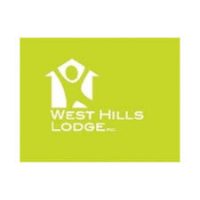
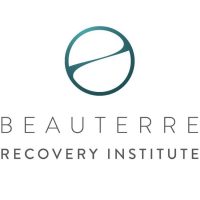

The facility name, logo and brand are the property and registered trademarks of Fountain Centers, and are being used for identification and informational purposes only. Use of these names, logos and brands shall not imply endorsement. RehabNow.org is not affiliated with or sponsored by Fountain Centers.

